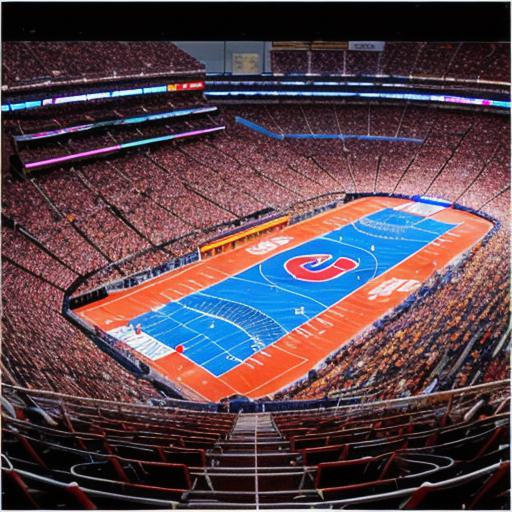Introduction:
The world of college sports has always been a billion-dollar industry, but it’s facing some serious challenges. The current model is outdated and doesn’t benefit athletes or schools as much as it could. That’s where web3 technology comes in, and we’ll take a look at how this technology is changing the NCAA.
Part 1: The Current Model of College Sports
The current model of college sports is based on revenue-sharing between schools, with athletes and coaches getting a share of the profits. However, this system has many flaws. For example, it’s biased towards big-name schools that have more resources to invest in marketing and recruiting. Additionally, athletes are often exploited by being paid very little for their labor while generating millions of dollars in revenue for schools.
Part 2: How Web3 Technology is Changing the NCAA
Web3 technology is revolutionizing many industries, including sports. One way it’s changing the NCAA is through the use of blockchain technology to create a transparent and secure system for managing player salaries and benefits. This means that athletes will have more control over their own finances and be less likely to be exploited by schools.
Additionally, web3 technology can be used to create new revenue streams for college sports through the sale of NFTs (non-fungible tokens). These tokens represent unique assets, such as game highlights or memorabilia, that can be bought and sold on digital marketplaces. This could generate millions of dollars in revenue for schools and provide a more fair distribution of profits among athletes.
Part 3: Case Studies and Personal Experiences

One example of how web3 technology is being used in college sports is through the creation of decentralized autonomous organizations (DAOs). These are groups of people who come together to make decisions about a particular project or initiative, using smart contracts on blockchain technology. In the world of college sports, DAOs could be used to decide how player salaries and benefits are distributed, ensuring that athletes have more control over their own finances.

Another example is the use of NFTs in the sports industry. For instance, NBA Top Shot is a platform that allows fans to buy and sell video clips of NBA moments as NFTs. This has generated millions of dollars in revenue for the league and its teams, and could be replicated in other sports.
Part 4: Expert Opinions
The experts in the field are excited about the potential of web3 technology to revolutionize college sports. For example, Michael Chu, CEO of NBA Top Shot, has said that "web3 technology has the potential to create a more equitable and transparent system for managing player salaries and benefits." Additionally, Dr. Andreas Antonopoulos, an expert in blockchain technology, has said that "NFTs have the potential to create new revenue streams for sports teams and leagues, while also providing athletes with greater control over their own finances."
Part 5: Real-Life Examples
The use of web3 technology in college sports is already happening. For example, the Major League Baseball Advanced Media division launched a platform called MLB Blockchain that allows fans to buy and sell collectibles related to the sport as NFTs. Additionally, several colleges have started using blockchain technology to manage student records and transcripts, making it easier for students to transfer between schools and find employment after graduation.
Part 6: Thought-Provoking Ending
Web3 technology has the potential to revolutionize college sports in many ways, from creating a more equitable system for managing player salaries and benefits to generating new revenue streams for teams and leagues. However, it’s important to remember that
